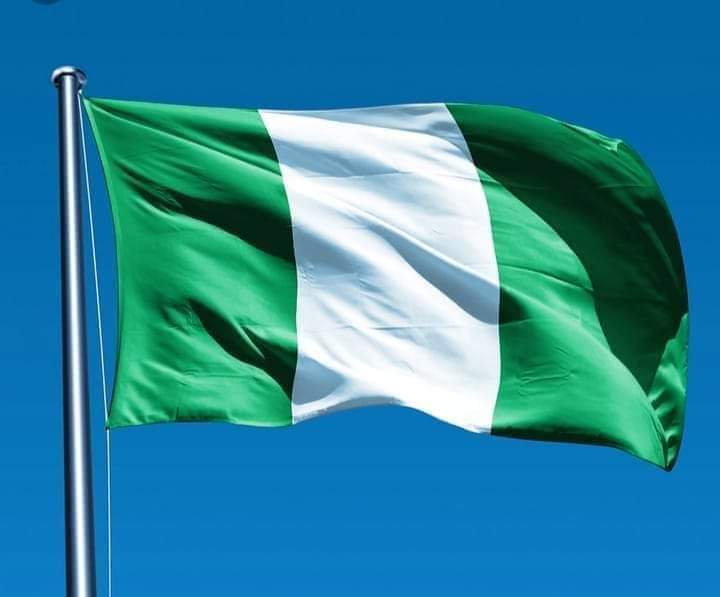By Patrick Eholor
Chief Patrick Eholor, the visionary founder of One Love Foundation, has succinctly captured a profound truth about a nation’s economic path with his words: “A country that consumes more than it produces, imports more than it exports, is on a path towards self-destruction. Inevitably, its currency will depreciate in the international market.”
These words encapsulate a critical challenge that Nigeria faces—an economic paradox that demands serious contemplation and strategic action. As a nation boasting rich cultural diversity and abundant resources, Nigeria holds immense potential for prosperity.
However, the current imbalance between consumption and production, coupled with a significant trade deficit, poses a formidable threat to the nation’s economic stability.
Chief Eholor’s stark warning serves as a timely reminder that Nigeria stands at a crossroads, with the need for a fundamental shift in economic paradigms. The rampant consumption of foreign goods, surpassing domestic production, not only undermines local industries but also exposes the nation to vulnerabilities in the global market. The repercussions of such a trend are far-reaching, leading to an inevitable depreciation of the national currency on the international stage.
To avert the impending risks, Nigeria must embark on a transformative journey towards self-sufficiency and sustainable economic growth. The emphasis should be on fostering a culture of production, promoting innovation, and investing in key sectors that can drive local industries.
By reducing dependence on imports and encouraging a thriving domestic production landscape, Nigeria can insulate itself from the detrimental effects of excessive consumption.
Addressing the trade imbalance is equally crucial in this paradigm shift. Nigeria must actively promote its exports, enhance the competitiveness of local products, and explore untapped global markets. This approach not only contributes to economic expansion but also safeguards the value of the national currency in the international arena.
As the world navigates through evolving economic landscapes, Chief Eholor’s wisdom provides a roadmap for Nigeria’s economic resurgence. The nation has the power to redefine its economic narrative by prioritizing production over consumption and fostering resilience in the face of global economic uncertainties.
In conclusion, Nigeria stands at a pivotal moment in its economic history. Chief Eholor’s words serve as a clarion call for leaders, policymakers, and citizens to collectively steer the nation towards a balanced and sustainable economic future.
The journey may be challenging, but the rewards of a resilient, self-reliant Nigeria are well worth the concerted efforts of its people.
